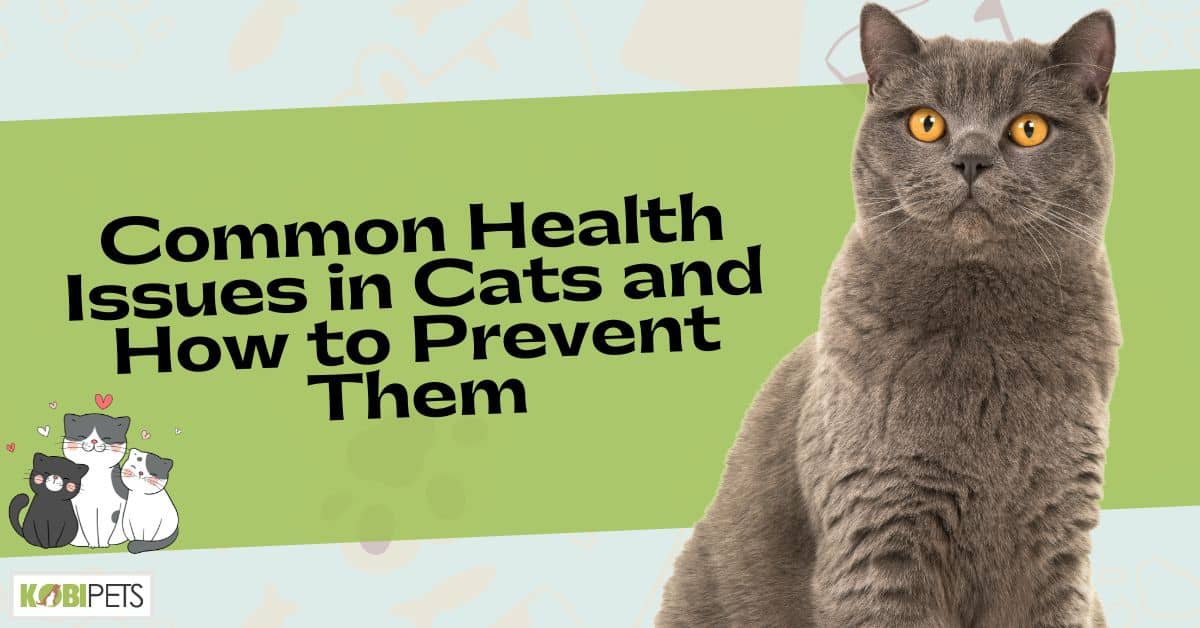
Cats are beloved pets and make wonderful companions, but it is important to be aware of common health issues that can affect them. Preventative care is key for ensuring your cat’s good health, from maintaining a healthy diet to regular veterinary checkups and preventive treatments.
In this article, we will discuss some of the most common (and preventable) health issues that cats can face, from dental problems to obesity and viral infections. We will also discuss steps you can take to prevent these conditions and ensure your cat remains healthy for many years to come.
Common Health Issues in Cats
Cats are beloved furry creatures often seen as part of the family, but just like any other animal or human, cats can become ill and experience health problems. Common health issues in cats can range from digestive troubles to urinary tract infections, skin diseases, and respiratory infections.
Many health conditions such as Feline Lower Urinary Tract Disease (FLUTD) can be managed with dietary changes and close monitoring by a veterinarian. Other conditions may require antibiotics or anti-inflammatory medication for treatment.
Vaccinations are also important for cats, as preventing certain illnesses is much more beneficial than trying to treat them later in life. A comprehensive wellness plan created by your vet will ensure that your cat stays healthy and signals when they are not feeling its best!
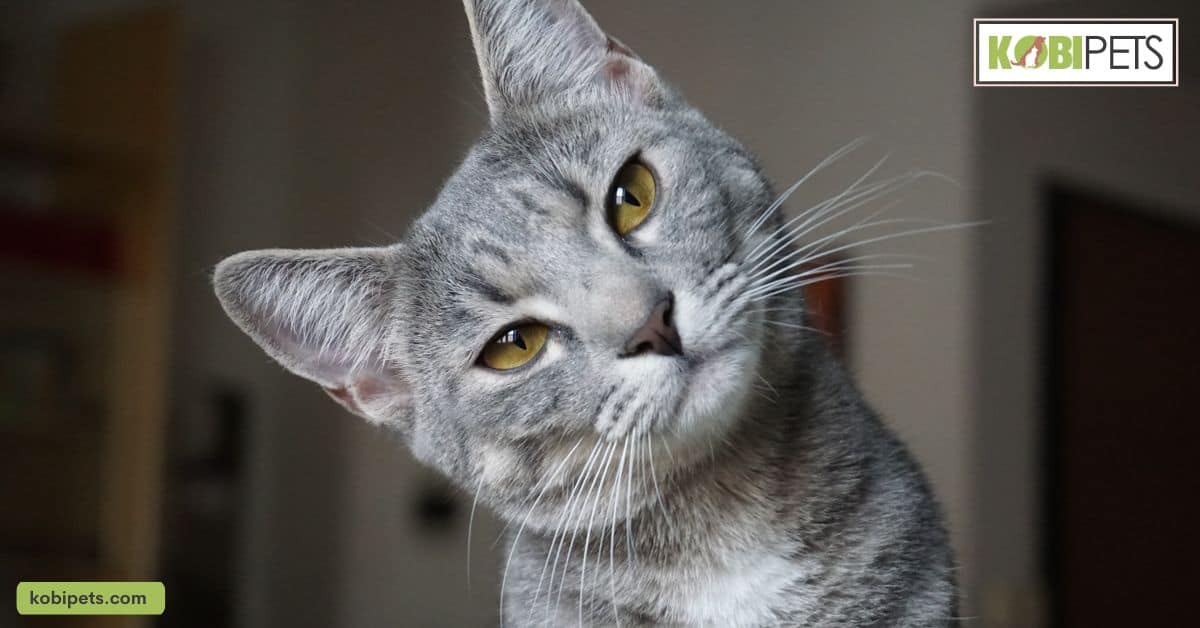
Importance of Preventative Care
Preventative care is an essential part of good cat ownership and can go a long way in keeping cats healthy and happy. By taking precautionary steps like regularly scheduled veterinary check-ups, immunizations, flea/tick control, diet management, and more, pet owners can help ensure that their cats live longer, healthier lives.
Keeping up with preventive measures also helps to detect any health problems as early as possible so they can be treated right away – many minor conditions can become very serious if left unchecked. Having regular wellness exams with your veterinarian is the best way to ensure your cat’s overall health and avoid potentially costly diseases down the road.
Additionally, through preventive care steps like proper nutrition and exercise, cats will not only lead longer lives but experience a better quality of life too. Maintaining a healthy weight helps avoid conditions like diabetes and liver disease while providing adequate nutrition keeps the body strong and the immune system functioning properly.
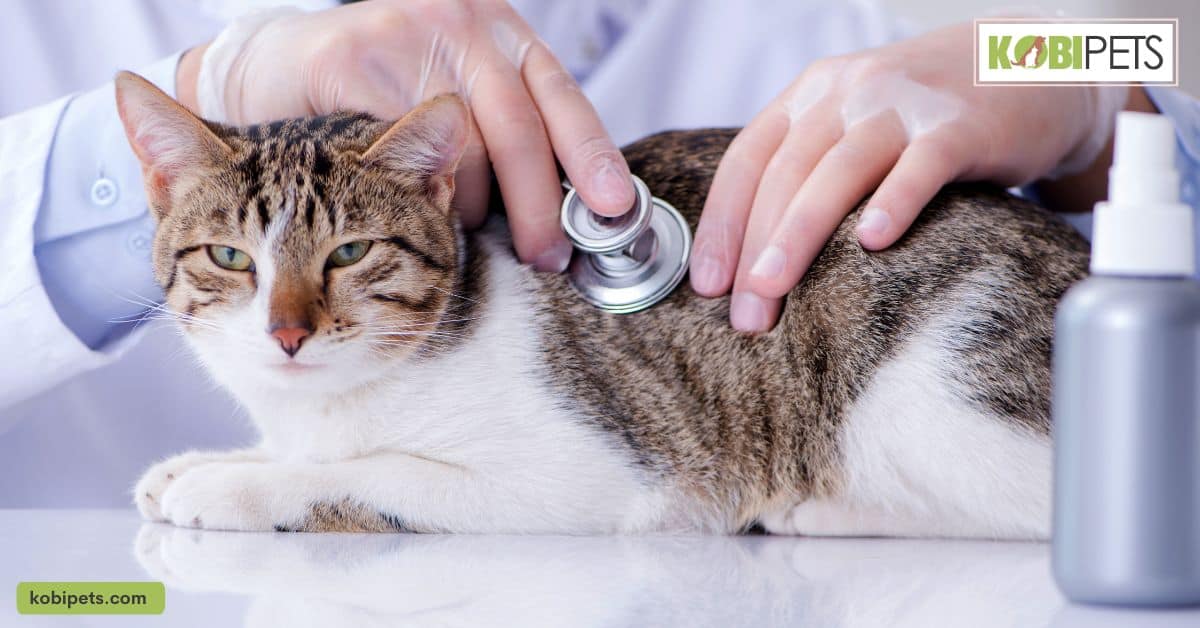
Dental Problems and Oral Care
Dental and oral care problems are important aspects of maintaining a cat’s overall health and well-being. This can cause pain, and difficulty eating, and even lead to more serious health concerns if left untreated.
Common causes of dental problems
- tartar buildup
- dental decay
- gum disease
Signs that a cat may be experiencing dental issues
- bad breath
- drooling
- difficulty eating
- visible tartar or plaque buildup on the teeth
To prevent dental problems in cats, it is important to establish a regular oral care routine. This can include:
- Brushing the cat’s teeth regularly with a toothbrush and toothpaste specifically formulated for cats
- Providing dental chews and toys that help to scrape away plaque and tartar buildup
- Scheduling regular dental cleanings with a veterinarian
- Feeding a diet that is specifically formulated to promote dental health
- Getting regular check-ups with a veterinarian to detect and treat any dental issues early.
It is also important to be aware of the signs and symptoms of dental problems in cats and to seek veterinary care if any issues are suspected.
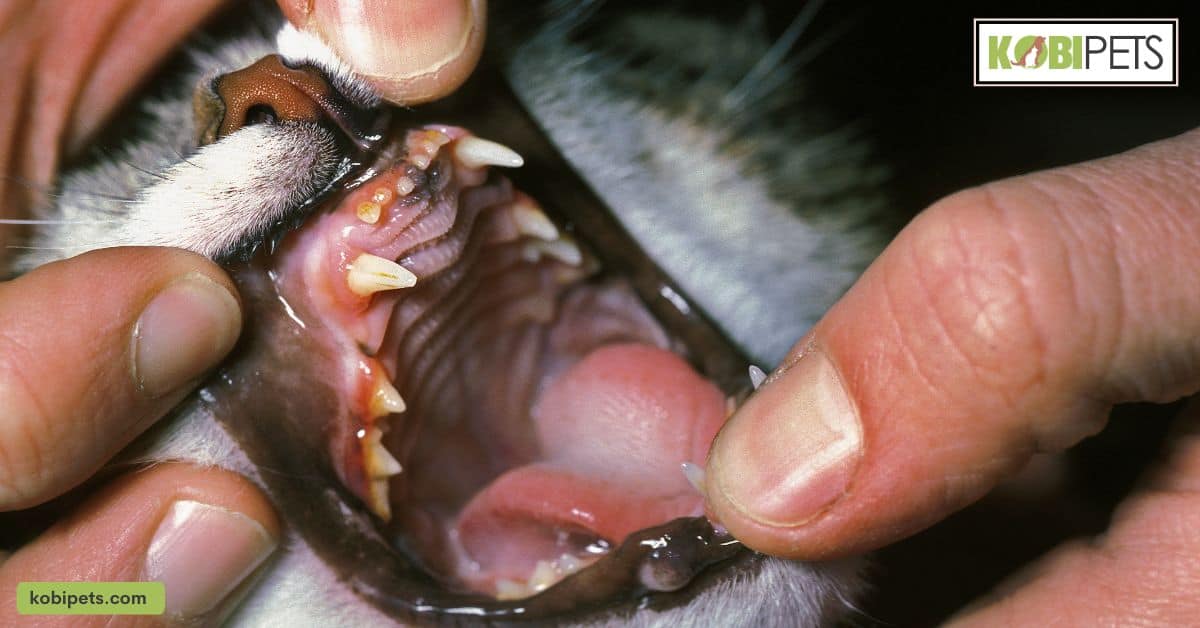
Obesity and Proper Nutrition
Obesity and proper nutrition are closely linked, and maintaining a healthy weight is essential for a cat’s overall health and well-being. This can lead to a number of health issues, such as diabetes, heart disease, and joint problems in cats.
Factors that contribute to obesity in cats
- overfeeding
- lack of exercise
- certain medical conditions
Signs that a cat may be overweight
- thickening of the waist
- a “pot belly” appearance
- difficulty moving around
To maintain a healthy weight in cats, it is important to follow proper nutritional guidelines. This can include:
- Feeding a diet that is specifically formulated for weight management or weight loss
- Measuring out food portions to avoid overfeeding
- Encouraging physical activity and playtime
- Providing regular veterinary check-ups to monitor weight and detect any underlying medical conditions
- Monitoring the cat’s body condition score and adjusting the diet accordingly
It is also important to be aware of the signs and symptoms of obesity in cats and to seek veterinary care if any issues are suspected. With proper care and attention, obesity in cats can often be prevented or treated before it leads to more serious health concerns.
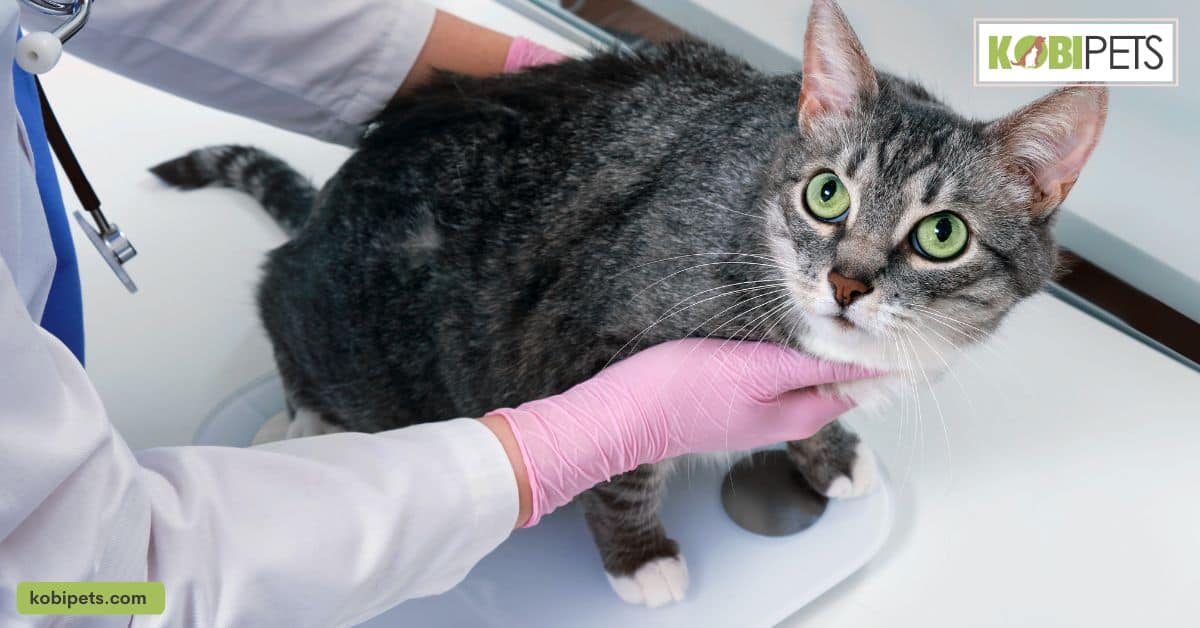
Feline Upper Respiratory Infections
Feline upper respiratory infections (URI) are a common ailment among cats and can cause significant discomfort and even serious health complications if left untreated. URIs are caused by various types of viruses and bacteria and are highly contagious among cats.
Common causes of URI in cats:
- exposure to sick cats
- stress
- poor living conditions
Some signs that a cat may have a URI:
- sneezing
- coughing
- nasal discharge
- eye discharge
To prevent URI in cats, it is important to take certain preventative measures. These can include:
- Vaccinating cats against common feline respiratory viruses
- Avoiding exposure to sick cats and other sources of infection
- Providing a clean and stress-free living environment
- Keeping up with regular veterinary check-ups to detect and treat any respiratory issues early
- Being aware of the signs and symptoms of URI and seeking veterinary care if any issues are suspected
It is also important to be aware of the signs and symptoms of URI in cats and to seek veterinary care if any issues are suspected.
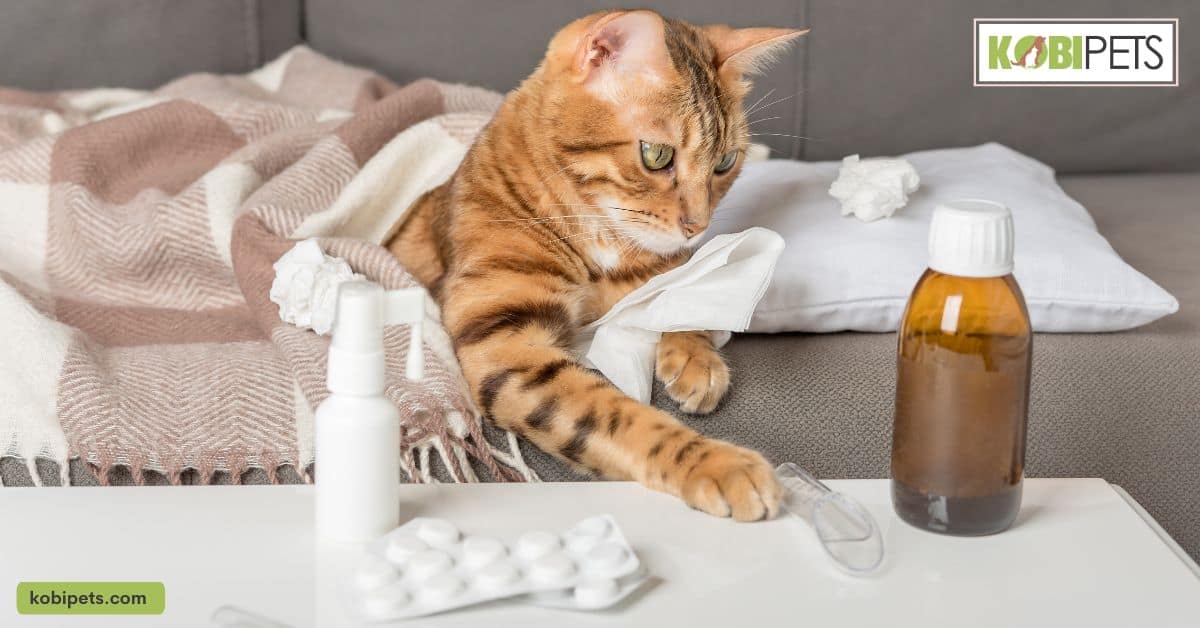
Parasites and Flea Control
Parasites and flea control are important aspects of maintaining a cat’s health and well-being. This can cause a variety of health issues in cats, ranging from minor discomfort to serious illness.
Common parasites in cats and their causes:
- Fleas – can cause itching and skin irritation, and can transmit parasites and diseases
- Ticks – can transmit serious diseases such as Lyme disease and Ehrlichiosis
- Worms – can cause diarrhea, vomiting, and weight loss
To prevent parasitic infections in cats, it is important to take certain preventative measures. These can include:
- Regular parasite screenings to detect and treat any parasitic infections early
- Using flea and tick preventatives on a regular basis, as recommended by your veterinarian
- Keeping cats indoors to reduce exposure to parasites
- Keeping the cat’s living area clean and free of debris that can harbor parasites
- Being aware of the signs of parasitic infections and seeking veterinary care if any issues are suspected
It is also important to be aware of the signs and symptoms of parasitic infections in cats and to seek veterinary care if any issues are suspected. With proper care and attention, parasitic infections in cats can often be prevented or treated before they become severe.
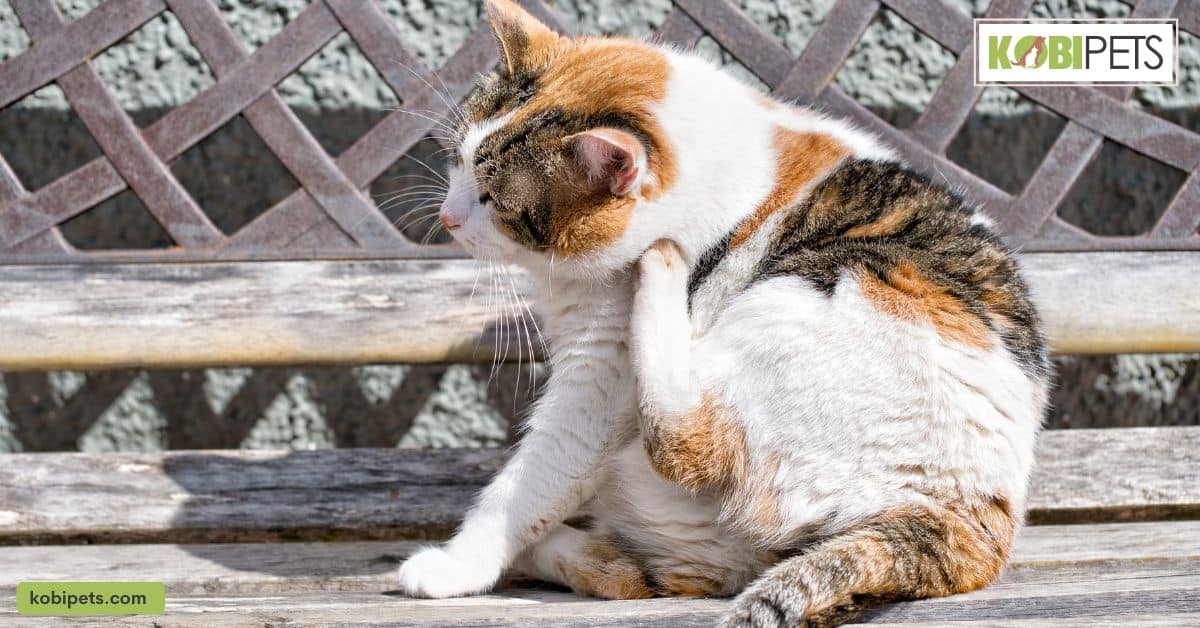
Feline Diabetes and Blood Sugar Management
Feline diabetes is a relatively common condition that affects cats, and it is caused by a lack of insulin production or a resistance to insulin. This can cause a number of serious health complications if left untreated.
Common causes of diabetes in cats:
- obesity
- genetics
- certain medical conditions
Some signs that a cat may have diabetes:
- excessive thirst
- frequent urination
- weight loss
- increased appetite
To manage diabetes in cats, it is important to take a multifaceted approach that includes:
- Regular veterinary check-ups to monitor blood sugar levels and detect any complications
- Administering insulin injections as prescribed by your veterinarian
- Feeding a diet that is specifically formulated for diabetes management
- Encouraging regular exercise to help regulate blood sugar levels
- Monitoring the cat’s body condition score and adjusting the diet accordingly
It is also important to be aware of the signs and symptoms of diabetes in cats and to seek veterinary care if any issues are suspected.
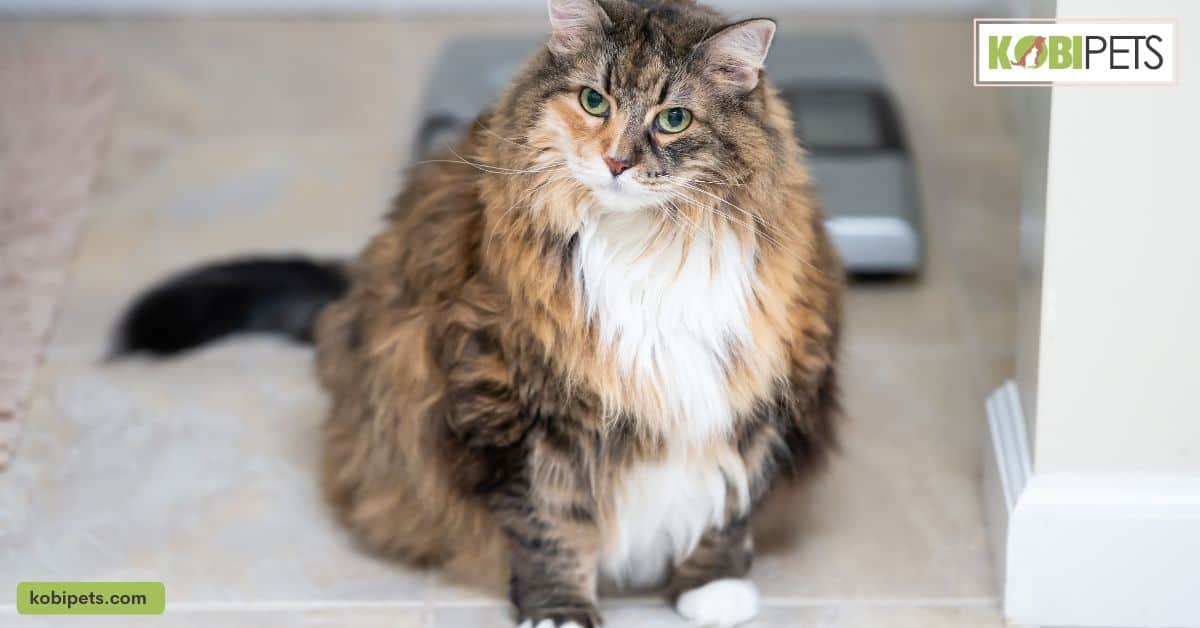
Feline Leukemia and Other Viral Infections
Feline leukemia virus (FeLV) and other viral infections are serious illnesses that can affect cats. FeLV and Feline immunodeficiency virus (FIV) are two of the most common viral infections that affect cats. These infections can cause a variety of health problems and can be fatal if left untreated.
Common causes of feline leukemia and other viral infections in cats:
- close contact with an infected cat
- sharing food and water dishes
- grooming
- fighting
- Mother cats can also transmit the virus to their kittens
Signs that a cat may have a viral infection:
- fever
- loss of appetite
- weight loss
- lymph node enlargement
- pale gums
- anemia
- chronic infections
To prevent feline leukemia and other viral infections, it is important to take certain preventative measures. These can include:
- Vaccinating cats against FeLV and FIV
- Keeping cats indoors to reduce exposure to infected cats
- Avoiding close contact with sick cats and other sources of infection
- Regular veterinary check-ups to detect and treat any viral infections early
- Being aware of the signs and symptoms of viral infections and seeking veterinary care if any issues are suspected.
It is also important to be aware of the signs and symptoms of viral infections in cats and to seek veterinary care if any issues are suspected. With proper care and attention, viral infections in cats can often be prevented or treated before they become serious.
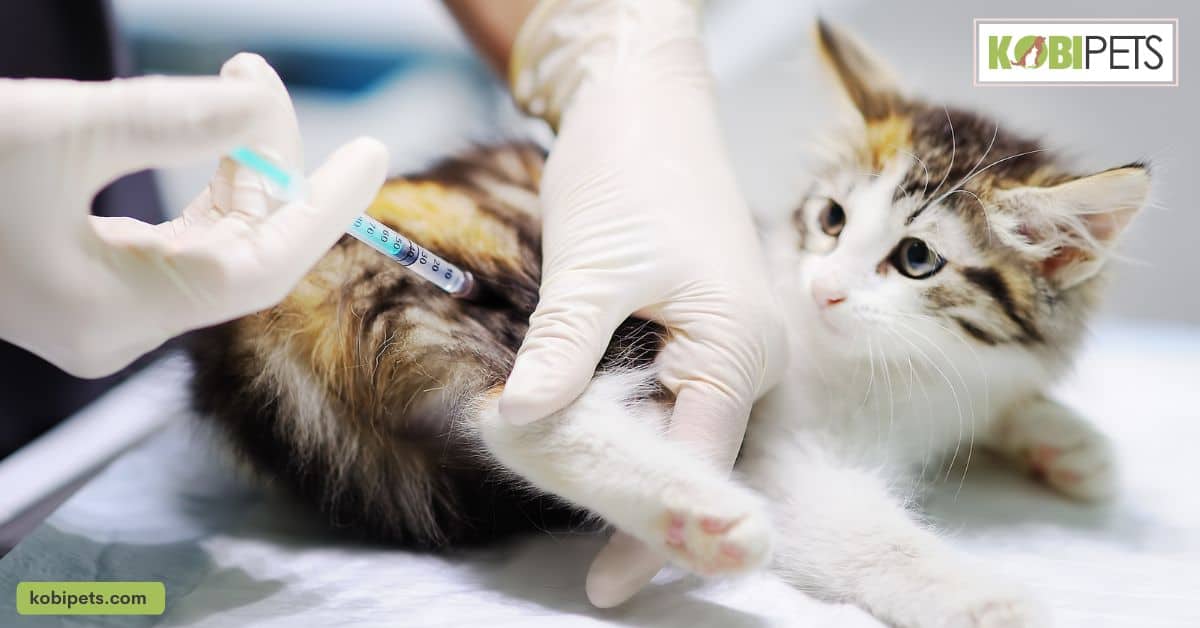
In Conclusion
Cats can experience a variety of health issues just like humans. In order to ensure your cat’s good health, it is important to take preventative measures such as maintaining a healthy diet and exercise routine, regularly scheduling veterinary checkups, using flea/tick control, and vaccinating against common illnesses.
Additionally, be aware of the signs and symptoms of common health issues in cats, so you can seek veterinary care quickly if any issues arise. With proper care and attention, cat owners can help ensure their cats are healthy and happy for many years to come.






